Wallacea Partnership Program Aims to Protect Wallacea’s Biodiversity
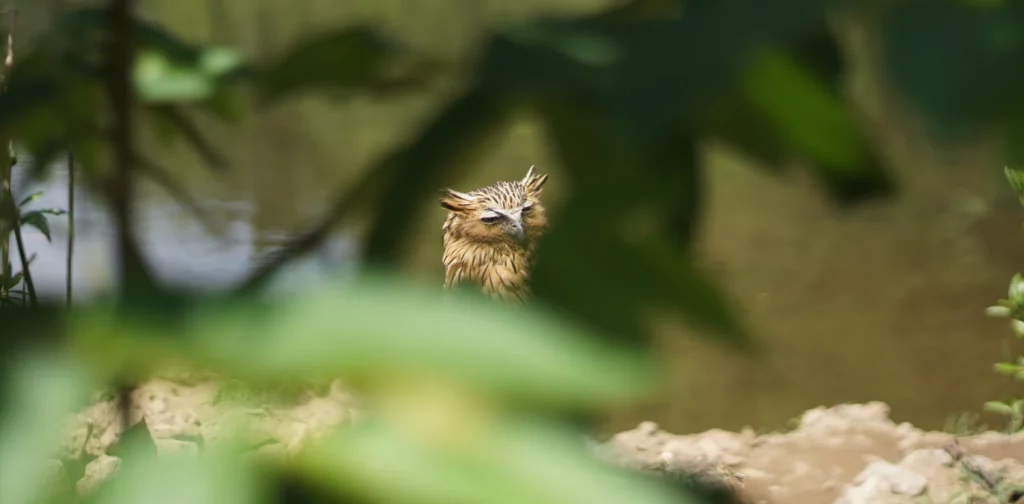
Photo: Djamal Akhmad Fahmi on Unsplash.
Biodiversity is the pulse of life. The interactions between animals, plants, and microorganisms in an ecosystem bring colors and harmony to nature. However, biodiversity is threatened in many parts of the world due to habitat degradation and loss. Unfortunately, the biodiversity in Wallacea, Indonesia, is no exception. The conservation organization Burung Indonesia is partnering with local communities in the Wallacea Partnership Program (Program Kemitraan Wallacea) to rescue, protect, and conserve Wallacea’s biodiversity.
Threats & Dangers
Wallacea is a well-known biodiversity hotspot situated in the middle of Java, Bali, the western part of Borneo, and the eastern part of the Papua Islands. The area includes the islands of Sulawesi, Nusa Tenggara, Maluku, North Maluku, and other small islands. Named after the English naturalist Alfred Russel Wallace who explored the region in the 19th century, Wallacea is a rich living laboratory to learn about evolution.
Unfortunately, Wallacea’s biodiversity is threatened by deforestation and forest degradation. Massive activities in mining, agriculture, and plantations in the last few decades significantly contributed to this issue. The recent notable case is the nickel mines spreading around Sulawesi and North Maluku areas, along with the Indonesian government’s ambition to become the leading player in the electric vehicle industry.
Furthermore, the hunting and trading of endemic species also contribute to biodiversity degradation in Wallacea. Flores hawk-eagle (Nisaetus floris) and Siau scops owl (Otus siaoensis) are two bird species that suffer the most painful fates and are now considered endangered.
“In Sulawesi, bushmeat hunting also increases the risk of zoonosis. This needs to be controlled to avoid pandemics in the future,” said Jatna Supriatna, a conservation biologist expert from Institute for Sustainable Earth and Resources-Universitas Indonesia (ISER-UI), during the Wallacea Partnership Program Phase II Midterm Review event in Makassar, South Sulawesi, on 4 May 2023.
Another serious threat comes from the changing climate. Various research has revealed that climate change can significantly impact the lives of small islands, including Komodo Island. In August 2021, the International Union for Conservation of Nature (IUCN) declared komodo dragons as Endangered. Global warming and rising sea levels are the biggest threats to Komodo dragons’ livelihoods, predicted to reduce 30% of the Komodo dragon’s population in the following 45 years.
Protecting Wallacea’s Biodiversity
The Wallacea Partnership Program aims to protect the coastal ecosystems by implementing sustainable use in Wallacea areas. This program has received funding from the Critical Ecosystem Partnership Fund (CEPF) and first started in 2015. The program’s first phase concluded in 2019, and is currently entering the second phase.
The second phase of the program targets seven priority ocean corridors, including Bentang Laut Buru Corridor, Pangkajene Kepulauan Corridor, Solor-Alor Corridor, South Sulawesi Corridor, Southeast Sulawesi Corridor, North Sulawesi Corridor, and Togean-Banggai Corridor. The implementation will be distributed into 44 projects by 38 partners. The partnership intends to strengthen the role of civil society groups in protecting and conserving marine biodiversity, managing coastal ecosystems, and developing coastal communities in small-scale, sustainable aquaculture.
“The activities focus on better protection efforts for marine species. We also do capacity building for civil society groups and contribute to the government’s policy improvement,” said Dian Agista, the Executive Director of Burug Indonesia. Burung Indonesia is the implementing partner of Global BirdLife International in Indonesia.
Ultimately, protecting biodiversity is our collective responsibility. Therefore, advancing cross-sectoral, multi-stakeholder collaboration is crucial to achieving the desired results. Furthermore, adopting a global framework to halt biodiversity loss at the local, regional, and international levels is also vital. Rescuing, protecting, and conserving biodiversity also means supporting environmental conservation and food security and ensuring welfare for all.
Translator: Kresentia Madina
Read the Indonesian version of this article at Green Network Asia – Indonesia.

If you find this content useful, please consider subscribing to Green Network Asia.
Your subscription will give you access to our interdisciplinary and cross-sectoral insights on sustainability-related issues and sustainable development across the Asia Pacific and beyond, strengthening your personal and professional development while supporting GNA’s financial capacity to continue publishing content dedicated to public education and multi-stakeholder advocacy.
Select Your Subscription Plan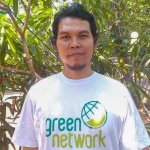
Abul Muamar
Amar is the Manager of Indonesian Digital Publications at Green Network Asia. He holds a Master’s degree in Philosophy from Universitas Gadjah Mada and a Bachelor’s degree in Communication Studies from Universitas Sumatera Utara. He has over ten years of professional experience in journalism as a reporter and editor for several national-level media companies in Indonesia. He is also a writer, editor, and translator with a particular interest in socio-economic and environmental issues.


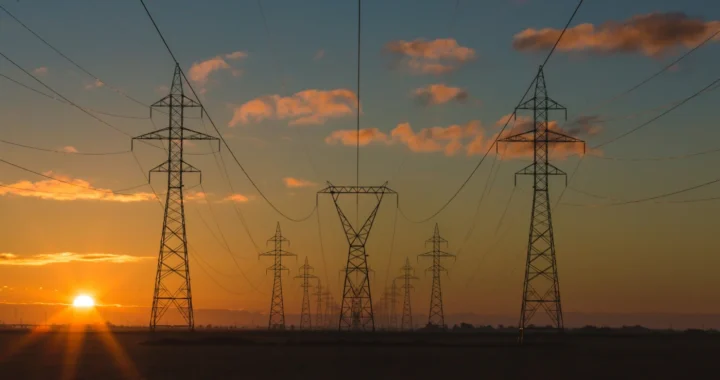 Developing Financing Initiatives for the ASEAN Power Grid
Developing Financing Initiatives for the ASEAN Power Grid 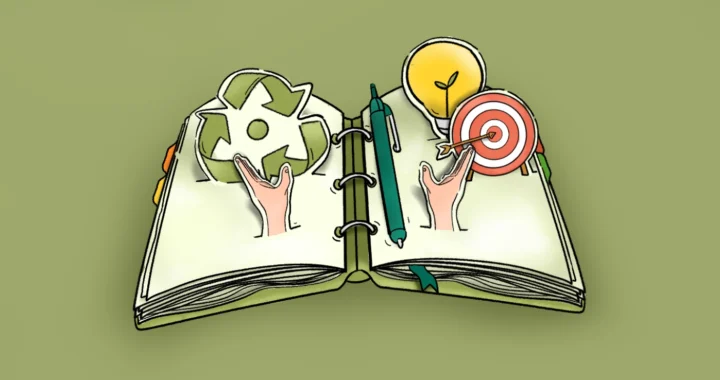 Imparting Actionable Knowledge Through Sustainability Training Activities
Imparting Actionable Knowledge Through Sustainability Training Activities 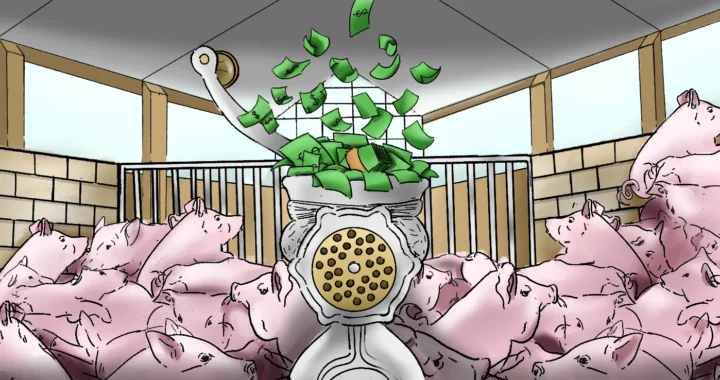 Stop Funding Factory Farming in Vietnam: Pathway to Financing a Just and Sustainable Food System
Stop Funding Factory Farming in Vietnam: Pathway to Financing a Just and Sustainable Food System 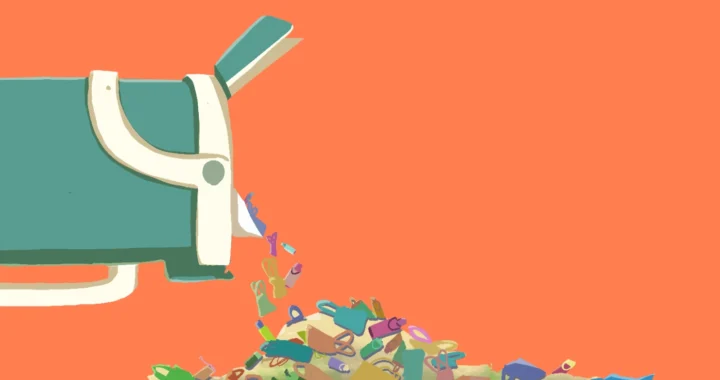 When Green Turns Excessive: The Overproduction and Overconsumption of Reusables
When Green Turns Excessive: The Overproduction and Overconsumption of Reusables 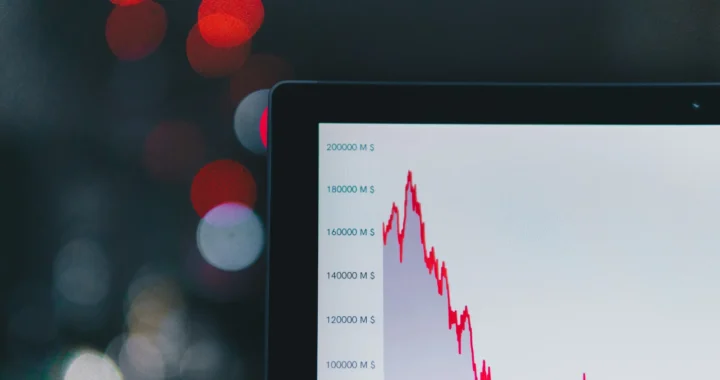 SDG Venture Scaler Aims to Drive Sustainable Investment in Southeast Asia
SDG Venture Scaler Aims to Drive Sustainable Investment in Southeast Asia 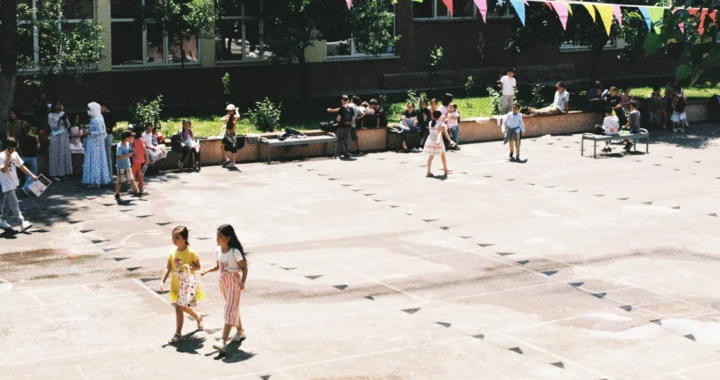 Improving Primary Education in Central Asia
Improving Primary Education in Central Asia